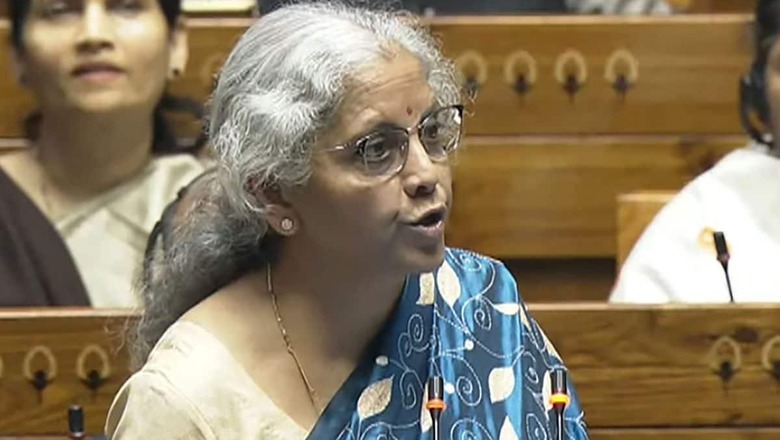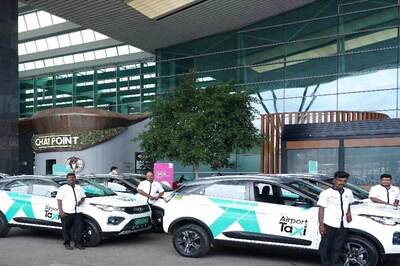'Sabse Badi Jaati': Budget 2024 Highlights How DBT, 3 Modi Govt Schemes Pulled People Out of Poverty

views
It was early in August 2023 and Prime Minister Narendra Modi was addressing NDA MPs from Uttar Pradesh and southern states at a cluster meeting in preparation for the 2024 Lok Sabha polls. He had then said: “Gareebi sabse badi jaati hai (poverty is the biggest caste).” He went on to repeat this time and again, underlining one of the goals of the government led by him at the Centre – poverty alleviation.
As finance minister Nirmala Sitharaman presented the interim budget on Thursday, there was special focus on the poor and how the Modi government is using technology to bring many out of poverty. She also highlighted not one, but many schemes focused on providing relief to those below the poverty line or aimed at poverty alleviation as a whole.
The direct benefit transfer (DBT) is one such mechanism, which has been a game changer in reducing corrupt practices while the central government made it public that it has saved Rs 2.7 lakh crore. She said at least 25 crore people have risen above multidimensional poverty. In 2013-14, a year before the Narendra Modi-led government took over, this was 29.2 percent of the population; almost a decade later, in 2022-23, it fell to 11.3 percent.
“The earlier approach of tackling poverty through entitlements had resulted in very modest outcomes,” Sitharaman said, hitting out at previous governments and its politics of freebies. She said when the poor become empowered partners in the development process, “the government’s power to assist them also increases manifold”.
Take PM SVANidhi for example, which is a credit assurance given to 78 lakh street vendors, so far. The central sector scheme, fully funded by the ministry of housing and urban affairs, has objectives to facilitate working capital loan up to Rs 10,000, incentivise regular repayment and reward digital transactions. It has brought change to 78 lakh families and counting.
PM-Janman Yojana is another example. It reaches out to particularly vulnerable tribal groups. The finance minister mentioned the scheme while talking about other measures of “empowerment”. “PM Vishwakarma Yojana provides end-to-end support to artisans and craftspeople engaged in 18 trades. The schemes for divyang and transgender persons reflect the firm resolve of our government to leave no one behind,” she said.
Addressing the “biggest caste”, gareebi (poverty), the prime minister lauded the budget because it addressed four key segments. “This interim budget is inclusive and innovative. It has the confidence of continuity and will empower all four pillars of ‘Viksit Bharat’ – yuva, gareeb, mahila and kisan,” he said.

















Comments
0 comment